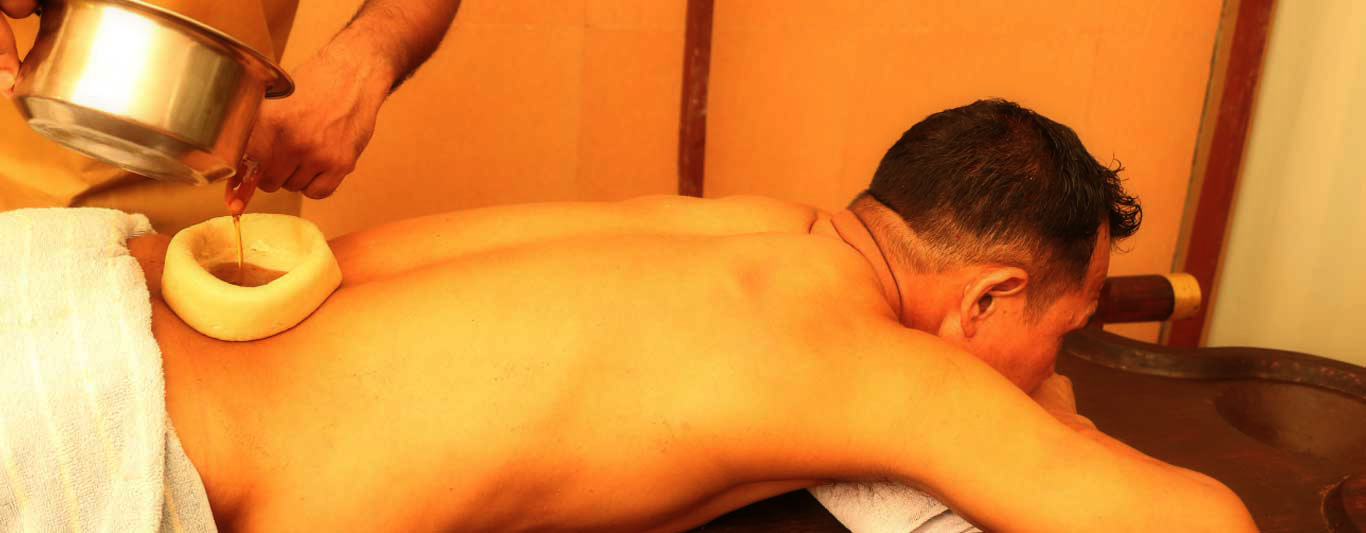Allergic Rhinitis/Hay fever
Allergic rhinitis, also known as hay fever, is a type of inflammation in the nose which occurs when the immune system overreacts to allergens in the air.Hay fever is caused by an allergic response to outdoor or indoor allergens, such as pollen, dust mites or tiny flecks of skin and saliva shed by cats, dogs and other animals with fur or feathers.
Besides making you miserable, hay fever can affect your performance at work or school and generally interfere with your life. But you don't have to put up with annoying symptoms. You can learn to avoid triggers and find the right treatment.
Symptoms
- Tickling sensation and irritation in the nostrils
- Sneezing
- Body ache
- Watery eyes
- Running nose
- Cough
- Hoarseness of the voice
- Headache and heaviness in the head
Ayurvedic Perspective
Allergic Rhinitis from an Ayurvedic perspective is caused due to the ama (toxins) present in the body and due to low immunity. Accumulated ama aggravates the levels of Kapha in the body, giving rise to different symptoms of allergies. In Ayurveda, such allergies are thought of being caused due to hypersensitivity of the nervous system. Thus vitiation of all the three doshas are found in this condition.
Main procedure
Ayurveda believes in balancing the three doshas present in the human body, thus treating the disease on the whole. Treatment involves clearing the sinuses and expelling phlegm, alleviating the relevant dosha and detoxification.
- Deepanam/Pachanam
- Abhyanga,choorna pinda swedam,Thalam
- Nalee swedam/ Bashpa swedam
- Virechanam
- Nasyam
- Thakradhara
- Rasayana therapy
To permanently resolve this disorder, dietary and lifestyle adjustments may be necessary in addition to the strengthening of the immune system.
Duration of Stay
2 to 3 weeks as per the condition
Expected Outcome
Treatment is mainly for boosting immune mechanism and to reduce hyper activity of immune system& to relieve symptoms.
Diet & Lifestyle advises
- Have freshly-prepared, warm food and avoid stale and junk food.
- Kapha-aggravating foods like dairy, sugar, potatoes, tomatoes, peppers, bananas, oranges and grapefruits should be avoided.
- Reduce sweet, sour and salty food
- Cover your nose in dusty or cold surroundings.
- Whenever you feel slight congestion, take a steam inhalation treatment.
- Avoid sleeping in the open and cover yourself properly before going to sleep.
Simple Home Remedies
- Boil ½ teaspoon of freshly grated ginger in milk. Add ¼ teaspoon of turmeric powder. Take 2-3 times a day. Turmeric is a natural immune booster and very effective in allergic rhinitis.





